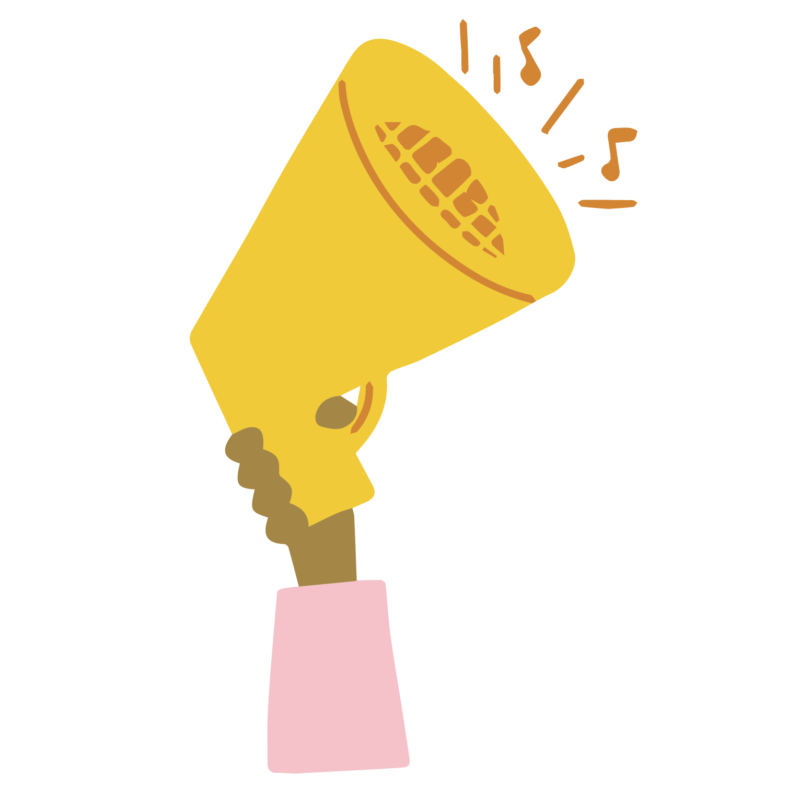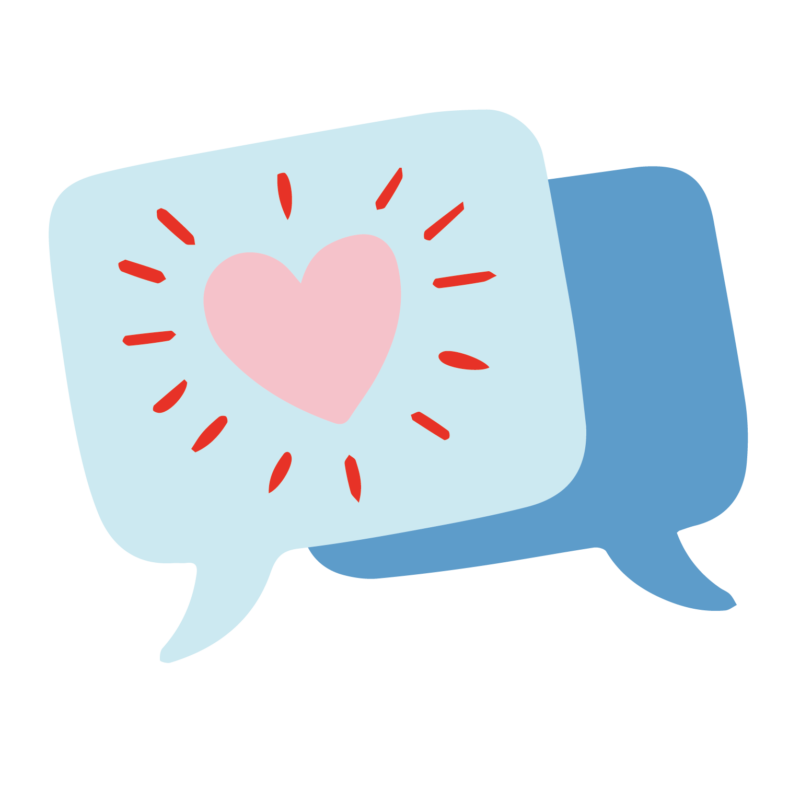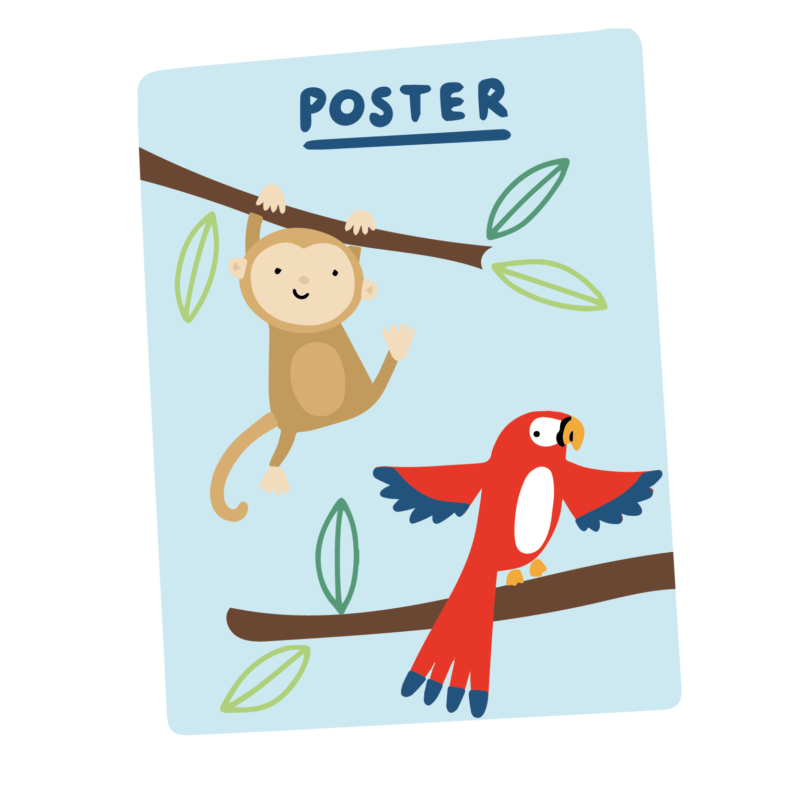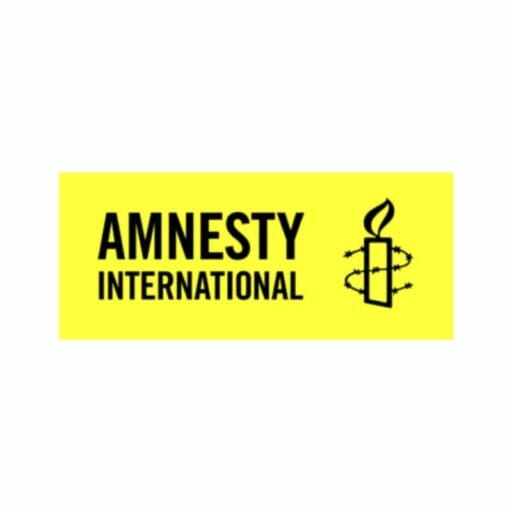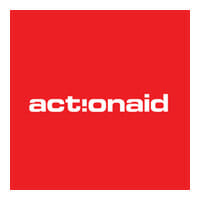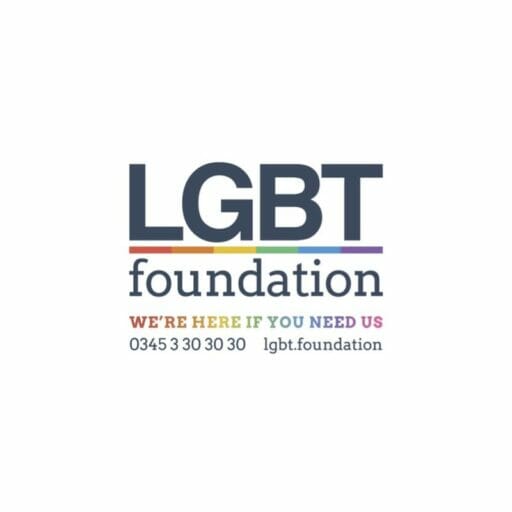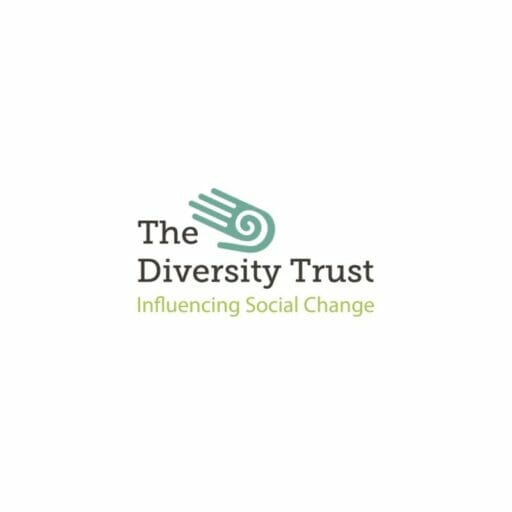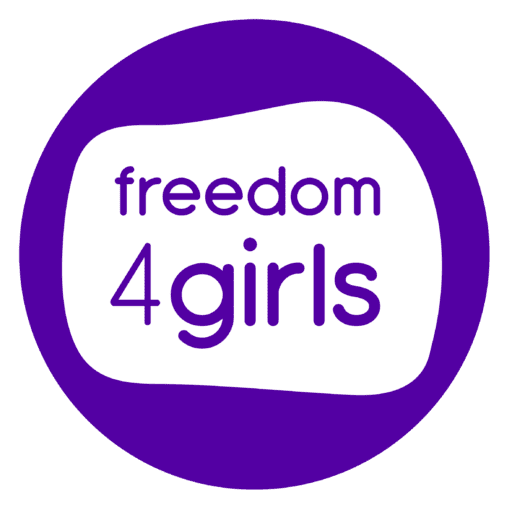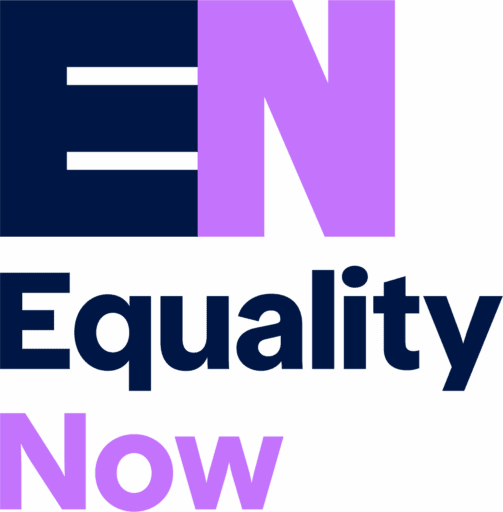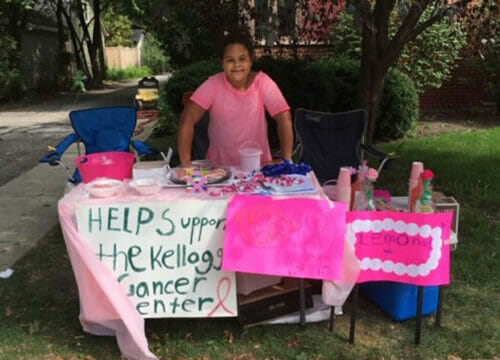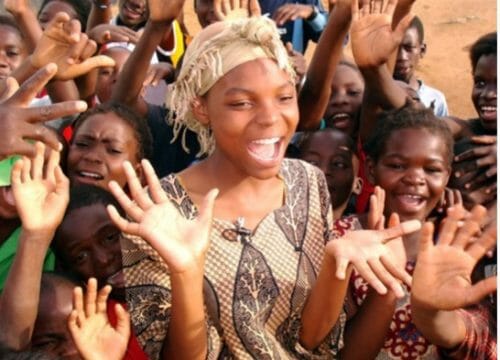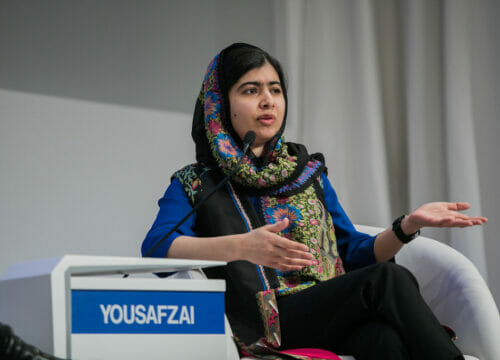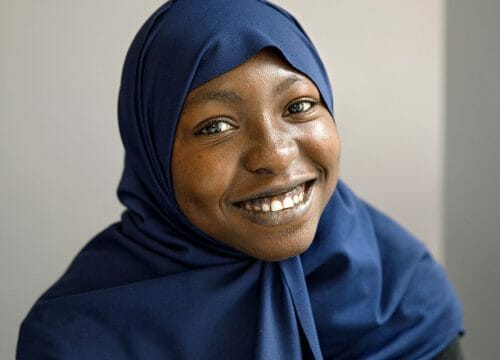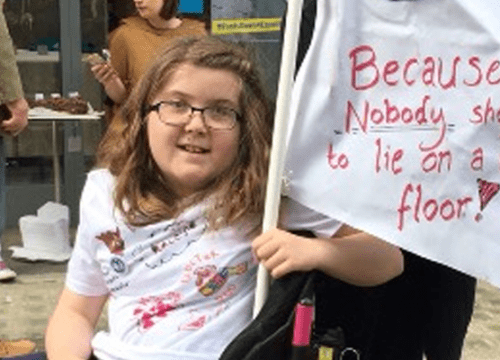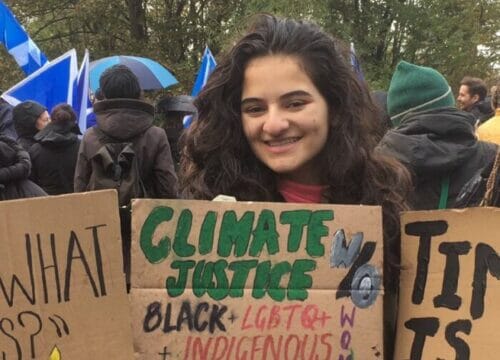BookTrust is the UK’s largest reading charity, transforming children’s lives through reading. With your help, we can ensure that nobody misses out on the life-changing benefits that reading brings.
<ul ...Reduced Inequalities
Equal opportunities and treatment for all people

1. THE PROBLEM
Have you ever felt that something unfair was said or done because of who you were? This is called an inequality.
Everyone in the world is different; People have different skin colour, voices, amounts of money and live in different places. Our differences make the world more interesting. But sometimes our differences can make the world unfair. Some people can’t go to school, get a job, drive a car, start a business, stay healthy or take part in sport because of who they are.

2. The Solution
So what can we do to help?
We need to teach people about how we are all different and how to include everyone. Governments can also ban laws that discriminate against people and promote laws that create equal and fair societies.
Finally, tax systems and foreign aid can be used to help distribute money more fairly.

3. Take Action
There are lots of ways that anyone, including you, can make a difference to beat inequalities. For example, you could: make a poster about diversity and inclusion or petition for the UK Government to create an ambitious race equality action plan.
Everyone can take action to make real change. What will you do?



4. CHARITIES
There are lots of charities that need your help to create a fair and inclusive world.
For example, The Equality Trust review research on inequalities and guide campaigns, Equality Now uses the law to protect and promote the rights of women and The Diversity Trust promote diversity and inclusion through education.
See how you can support them in their amazing work.
Say you’re playing Monopoly with some friends. To make things fair, everyone should get the same amount of money in the beginning and start at the same place. Now imagine you played it so that one person started with three times more money than everyone else, another person started on a nice property that everyone want and someone else started in jail! That would not be fair. The game would be very unequal if you played it like that.
Unfortunately, many people start their lives on the back foot. The way people start life is much, much more unequal than the Monopoly game described above.
This happens because everyone is different.
Some differences are quite simple. People have different hair, voices, skin colour and heights. Other differences are a bit more complex – people have different amounts of money, live in different places, believe in different things and have different family circumstances.
Having lots of different people makes our world more interesting and helps us grow and learn from each other. But sometimes these differences are unfair and can mean that different people have much easier or harder lives than other people. Some people can’t go to school, get a job, drive a car, start a business, stay healthy or take part in sport because of who they are. Things like age, gender, disability, race, ethnicity, religion or how rich or poor someone is all play a role in whether they can do certain things. When people are treated differently or have different opportunities, it is called inequality.
The problem
BLACK PEOPLE ARE
6 TIMES
MORE LIKELY TO BE IMPRISONED THAN WHITE PEOPLE
26%
OF PEOPLE WITH DISABILITIES ARE UNEMPLOYED
KIDS IN RURAL AREAS ARE
MORE THAN TWICE
AS LIKELY TO BE OUT OF SCHOOL THAN KIDS FROM URBAN AREAS
Unfortunately, Inequality Is Everywhere.
It may exist between different countries or between different groups of people within a country. It can even exist within families.
Inequality can have many different effects. For some people, it leads to poor health, while others don’t have the chance to get an education. Some people are also more vulnerable to climate change.
There are many different types of inequality.
1. Money
Different people have different amounts of money. Often people do not have control over how much money they have. People who are born into a relatively poor family may not receive a quality education, meaning they probably won’t be able to get a high-paying job and are trapped in a cycle of poverty. Others, born into a wealthier family, usually get a better quality education and are likely to end up with a job that pays well.
People with more money might be able to afford things like bigger houses in safer neighbourhoods or better toys and fancier cars. On the other hand, less wealthy families might struggle to afford even basic things like nutritious food and clothing.
Nearly half of the people in the world are living on less than $5.50 (about £4.10), while Jeff Bezos (one of the richest people in the world) earns $205 million (£152 million) per day.
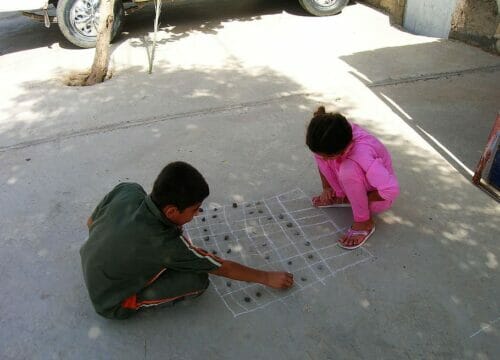
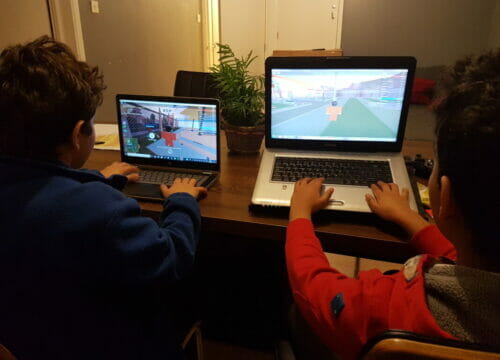
2. Where People Live
People all over the world experience life in different ways based on their surroundings.
Take a look at the table below to see a comparison of the experiences of a child living in an urban area in the UK versus a child living in a rural area in India.
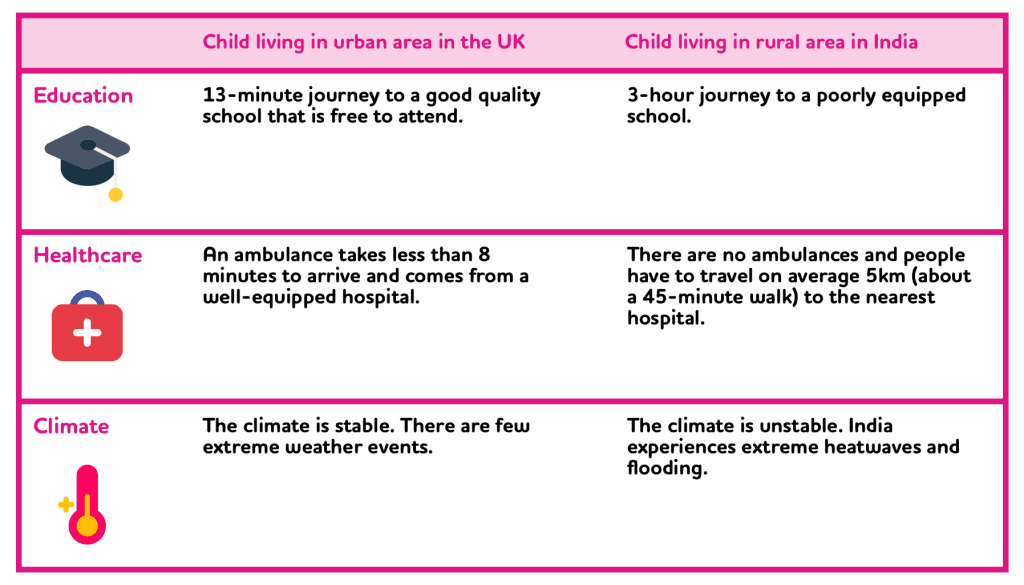
Did you know that, around the world:
- Countries that are poor have 1 doctor for every 3,000 people. Countries that are rich have 9 doctors for every 3,000 people.
- Children from rural areas are more than twice as likely to be out of primary school than children from urban areas.
- The countries that pollute the least are, in many cases, the most affected by climate change. For example, the Maldives.
3. Race
People are born with differently coloured skin. Even though the colour of people’s skin does not have any effect on how they are inside, some people judge and discriminate against people with a different colour skin. Those with darker skin tend to be especially discriminated against.
Sometimes, especially in the past, discrimination has been legal and intended: for example, until 1994 South Africa had a system called apartheid. In this time, the government established laws to keep the white and non-white people separated and discriminated against anybody who was not white. Places like buses, hospitals and beaches were segregated and those accessible to non-white people were of less good quality. Even though apartheid ended nearly 30 years ago, the effects are still seen in the country today. Watch a video about Apartheid below.
In most countries today, it is illegal to discriminate – but it still happens. For example, in America black people are nearly six times more likely than white people to be imprisoned.
4. Religion
People have different beliefs about the world and how we all ended up here on Earth and this is influenced by their religion. Different religions have different rituals and practices, for example, Muslim females may wear a head covering.
Sometimes people deliberately discriminate against people from a different religion and treat them badly. In many countries this is illegal, but sadly it still happens. For example, a hairdresser might refuse to employ other hairdressers who cover their hair. The hairdresser therefore would not employ any Muslim women.
Other times, someone might unintentionally treat someone of a different religion less well because they have not understood or thought about that person’s differences. For example, a school that makes girls wear knee-length skirts excludes Muslim girls who are required to cover their legs.
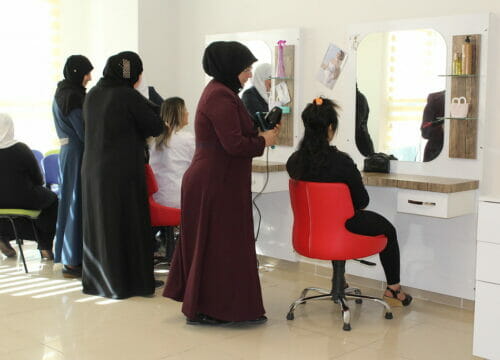
5. Sexuality and Gender
Some people are born as girls and some people are born as boys. People have no choice as to whether they are born as a girl or a boy, yet in many places, they get treated differently according to it. For example, there are laws in Saudi Arabia that ban women from driving and laws in Russia that ban women from doing ‘heavy work’ such as driving trains or firefighting. Even in countries such as the UK, that do not explicitly ban women from doing certain jobs, there are inequalities based on gender – such as unequal pay. In the UK in 2020, women were paid 87p for every £1 paid to men. Watch the first video below where children talk about their opinion on the gender pay gap.
Sometimes, the mindset that creates inequalities can be very obvious – like when someone isn’t allowed to do a certain job because of their gender. At other times, the mindset is not obvious at all and people don’t even realise that their thinking is unfair. Watch the second video below to hear other children’s automatic expectations about what jobs men and women can do.
Some people want to be in a relationship with people of the opposite gender (known as heterosexuality), some people want to be in a relationship with people of the same gender (known as homosexuality) and some people are open to relationships with either gender (known as bisexuality). In some countries, people are discriminated against because of their sexuality. This could be because of a law. For example, in many countries in Africa homosexuality is illegal. In other places, people are mean and rude towards people who are not heterosexual. They might bully them or say nasty things about them.
6. Disabilities
People are all born with different abilities and disabilities. Some people might be able to run a mile in 4 minutes and other people might not be able to walk. But everyone has their own talents! The person who can run a mile in 4 minutes might not be good at giving a persuasive speech and the person who uses a wheelchair to get around might be able to convince people about something important within 2 minutes.
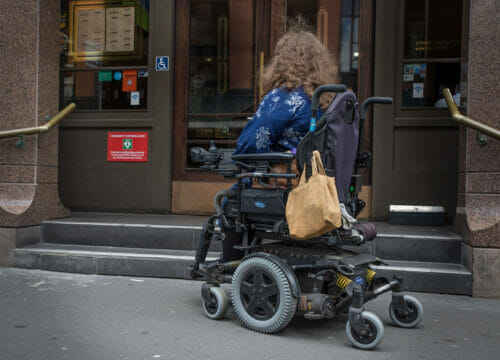
Sometimes people forget that a disability makes up a very small part of someone and that people with disabilities are often very able at other things. So, they discriminate against people with disabilities. For example, an employer might choose an able-bodied person over a person in a wheelchair, even though the person in the wheelchair can do the job better than the able-bodied person. Around the world, 26% of people with disabilities are unemployed.
Other times, people don’t make provision for people with disabilities and exclude them by accident so that they can’t do something. For example, a child in a wheelchair might not be able to explore a toy shop with steps if there isn’t a lift or wheelchair ramp.
7. Sometimes, Inequalities Can Add Up
When someone is affected by more than one type of inequality, the inequalities add up. This is called intersectional inequality. Suffering from intersectional inequalities makes life even harder. Watch the video below on intersectionality.
For example:
- If someone is a woman and has coloured skin, she is less likely to get a well-paying job.
- If someone is paralysed and their legs don’t work and they can’t get healthcare, they may not be able to get a wheelchair. This means that they are stuck in bed and can’t work and earn money.
- If someone is poor and lives in an area that is affected by extreme weather events such as floods, they can’t afford to build their house in a stronger and sturdier way, so they’ll be affected much worse by extreme weather than a rich person living in the same area.
Take a Guess
The Solution
The good news is there are lots of amazing people fighting to reduce inequalities.
These people have helped the world come a long way. Because of them, women are given more equal opportunities every year and those living in poverty are given a chance to rise above their circumstances. These people are making the world a better place.
1. Education
People of all ages can be taught about how we are all different and how to include everyone. People should be urged to challenge stereotypes.
Schools can do this within PSHE (Personal, Social, Health and Economic) education and businesses can do this by running training and workshops about diversity and inclusion.

2. Laws and Policies
Laws that discriminate against people should be banned so that everything can be as fair as possible.
Similarly, laws to require institutions (such as businesses and schools) to create rules and guidelines that give all people equal opportunities and treatment should be created. These might include:
Rules that force businesses to give people doing the same job the same pay.
Affirmative action is a policy where groups of people who used to be discriminated against are now given priority. It is also known as positive discrimination. It can be used to ensure equality within businesses, governments and educational institutions (especially universities).
For example, in South Africa, even after apartheid ended, it was hard for non-white people to get jobs because they had less money and less education. In these kinds of situations, affirmative action tries to reverse these inequalities, by tipping the scales in favour of those who were unfairly affected. In South Africa, laws have been created that force companies to give non-white people a job and companies are still rewarded to this day if they employ non-white people, especially women of colour.
Quotas are one of the most common types of affirmative action. Quotas make a rule that a certain amount of people in that position must be from that group. An example of quotas would be an employer deciding that a percentage of their workforce must be women. Having quotas can help to make sure that all different types of people have a chance.
Forcing companies to publish information on the different kinds of people that work for them, as well as what they get paid. This could include information about how many people of a certain race work for the company or information on how much men and women are paid. Because their employees and other companies can see this information, it will motivate companies to make sure that they pay their employees equally.
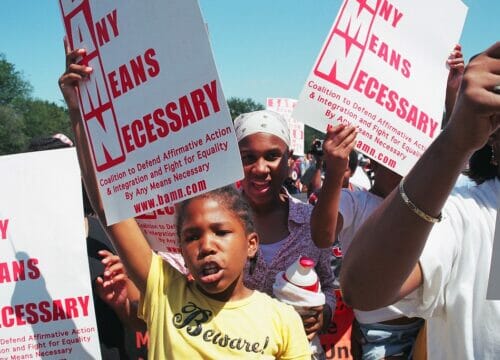
3. Redistributing Money
Inequalities within countries can be tackled using a progressive tax system. Progressive tax systems are when wealthy people have to pay more tax than poor people. This helps to level income inequality.
Inequalities between countries can be tackled using foreign aid whereby countries with more money can give money and resources to countries with less money. This can help improve their infrastructure (such as roads, schools, hospitals). The UK tends to give between £10 billion and £15 billion in foreign aid each year. Exactly how much the UK gives in foreign aid depends on the government and their values and beliefs. Watch the video on the right to learn more about progressive tax systems.
Take action
Now that you understand a bit more about inequality, it’s time to make a difference. Inequality makes many people feel angry and upset about how unfair things are. Others feel very sad and powerless. Remember that no matter how you’re feeling, you can channel that energy into doing something! If you want to do something practical to help, the power is in your hands. Take a look at some ways you can take action right now.
Fundraise
You can make a massive difference in somebody’s life by doing fundraising for charities that work to fight inequalities.
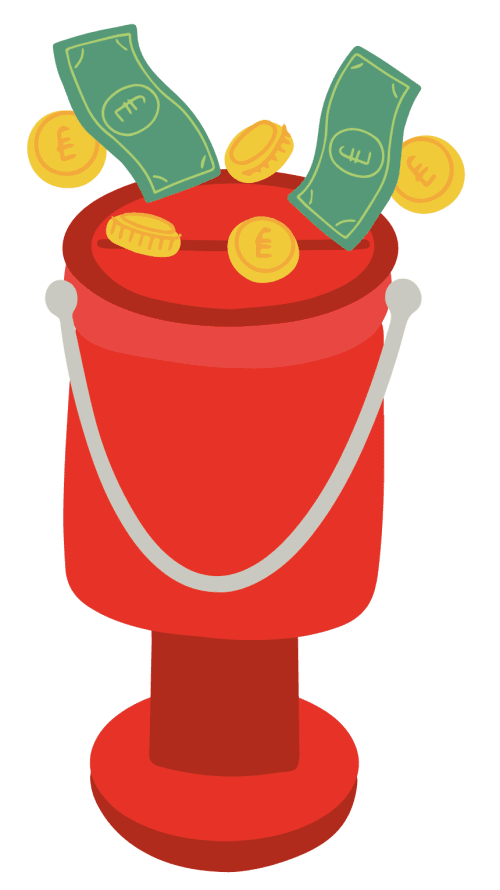
- Host an assembly on International Women’s Day on the 8th of March. Tell your school mates about examples of gender inequality and what they can do to help eradicate gender inequality
- Do an assembly to spread awareness about International Wheelchair Day on the 1st of March. Tell your school mates about the difficulties of being in a wheelchair and how they can help include people who use wheelchairs. Remind them that no matter how people get around, they are no better or worse inside!
- Ask your friends and family to draw people doing different jobs. Ask them to draw a firefighter, a fighter pilot and a doctor. Then show them this video. Ask them whether they think girls and boys can do the same jobs and why they believe what they do. Discuss their answers with them to help them challenge stereotypes.
- Make a poster about diversity and inclusion to teach children at your school to celebrate our differences.
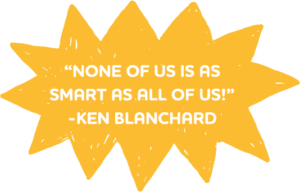
If you have any other ideas of SuperKind things people can do to help reduce inequalities, we would love to hear from you here.
Support These Amazing Charities
The Stephen Lawrence Day Foundation
The Stephen Lawrence Day Foundation exists to inspire a more equitable, inclusive society and to foster opportunities for marginalised young people in the UK.
Amnesty International
Amnesty International is the world’s leading human rights organisation, campaigning against injustice and inequality everywhere.
ActionAid
ActionAid are dedicated to changing the world with women and girls. We are ending violence and fighting poverty so that all women and girls, everywhere, can create the future they ...
Scope
We’re Scope, the disability equality charity in England and Wales. We provide practical information and emotional support when it’s most needed, and campaign relentlessly to create a fairer society.
<ul ...LGBT Foundation
LGBT Foundation is a national charity delivering advice, support and information services to lesbian, gay, bisexual and trans (LGBT) communities.
The Diversity Trust
We are a Community Interest Company, registered with the fundraising regulator, with a mission to influence social change to create a fairer and safer society.
Children’s Book Project
The Children’s Book Project is a charity that aims to make sure every child has their very own books to read and enjoy. 📚✨
Shelter
Home is a human right. We exist to defend the right to a safe home and fight the devastating impact the housing emergency has on people and our society.
Freedom4Girls
Freedom4Girls are a UK-registered charity fighting against period poverty. Founded in 2016, we have been working tirelessly to end period poverty in the UK and Kenya. We help those without ...
The Fawcett Society
The Fawcett Society campaigns for a society in which women and girls in all their diversity are equal and truly free to fulfil their potential a happier future for everyone.
Change-Makers
Here are some amazing young people who cared about making the world a more equal place and took action to make change happen. These change makers were all passionate about the same cause but used their unique skills to make change happen in different ways.
Everyone can help make a difference. Consider what your unique superpower might be. Are you someone with a strong voice who likes to spread awareness by talking to everyone you meet? Or do you prefer a behind the scenes approach – making sure that donations are collected to take to those in need?
Olivia Ohlson
Set up organisations supporting cancer patients, people in poverty, and promoting golf in young black girls, since she was 10 years old.
Jakomba Jabbie
Inspiring girls to learn about and aspire to work in science and technology subjects since she was 16 years old.
Guro Heggholmen
Challenging the representation of girls and women in society since she was 11 years old.
